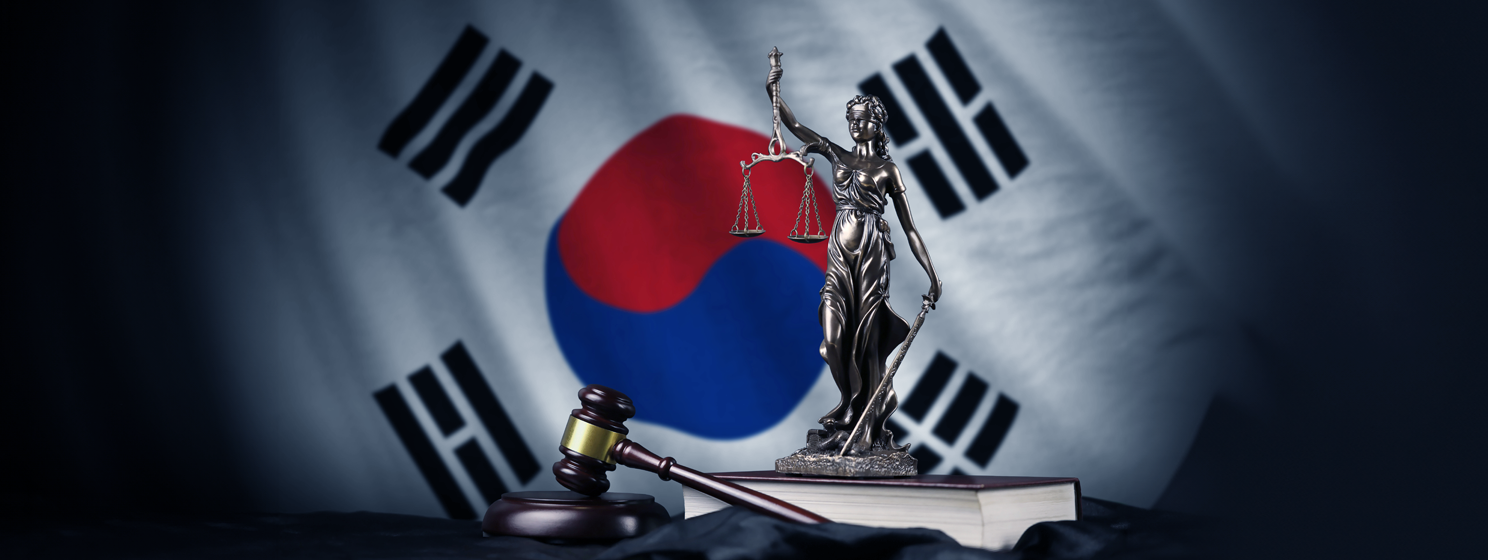|
Getting your Trinity Audio player ready...
|
As the end of 2024 approaches, it marks yet another significant chapter in the Philippines’ rise as a global hub for digital innovation. From making headway in blockchain adoption to breakthroughs in artificial intelligence (AI) and fintech, the nation has demonstrated resilience, ingenuity, and a strong dedication to technological advancement. This year-end review highlights the milestones that have transformed the Filipino digital landscape and sets the stage for its future growth.
Strengthening digital currency and blockchain ecosystems
The fallout from the Binance ban highlighted the regulatory hurdles facing digital currency exchanges in the Philippines. Infrawatch PH’s insights stressed the importance of compliance with local laws, as regulators like the SEC and BSP doubled down on their dual registration requirements for corporations and virtual asset service providers. While the ban brought to light challenges, it also reinforced the need for transparent and secure platforms, pushing Filipino users toward local, registered exchanges.
On a more innovative note, blockchain adoption gained traction in various sectors. Twala Co-Founder Third Bagro showcased how blockchain’s potential is being tapped for secure digital document management. Meanwhile, the integration of blockchain into education, led by the Department of Science and Technology (DOST) in collaboration with Philippine Science High School (PSHS), demonstrated a forward-thinking approach to credential verification, streamlining processes for students and institutions alike.
Block Dojo also emerged as a transformative force, empowering Filipino startups with resources, mentorship, and funding to turn visionary ideas into reality. Through its structured accelerator programs, Block Dojo provided entrepreneurs with the tools to develop blockchain-based solutions that address local and global challenges. The success of its cohorts, as seen during Investor’s Night, highlighted the growing potential of Philippine startups to compete on the world stage, strengthening further the country’s reputation as an innovation hub.
Pioneering AI and its applications
The establishment of the Philippine AI Research Center marked a turning point for AI adoption in the country. By fostering homegrown solutions tailored to Filipino needs, the center paved the way for innovations in sectors ranging from agriculture to disaster response. Additionally, AI’s role in combating cybersecurity threats came to light as experts explored how AI tools could counter increasingly sophisticated scams.
As AI technologies advanced, discussions on responsible implementation became crucial. These efforts aimed to ensure ethical practices and balanced access to AI-driven opportunities for all Filipinos.
The rise of fintech and e-Government initiatives
Fintech’s ascent continued in 2024, with platforms empowering Filipinos through accessible financial tools. The rise of mobile payment systems, digital lending platforms, and investment apps transformed how Filipinos interact with money. The “eGov PH App” further accelerated this digital transformation, streamlining government services and fostering greater transparency and efficiency.
At the Digital Pilipinas Festival, the Philippines was showcased as ASEAN’s digital bridgeway. This event underlined the country’s strategic position as a hub for digital innovation in Southeast Asia, enhancing further its potential as a leader in fintech and e-governance.
Legislative support for emerging technologies
Legislation played a significant role in shaping the tech ecosystem. The CREATE More Act emphasized the government’s commitment to fostering innovation by offering tax incentives for research and development in emerging technologies. This initiative encouraged more startups to explore Web3 solutions and blockchain applications, strengthening the country’s position in the global tech arena.
Web3 startups ushering in innovation
Despite challenges in adoption, Web3 startups in the Philippines have made significant strides in decentralization. Entrepreneurs have embraced creativity and collaboration to build solutions that promise to redefine industries. “We’re seeing unprecedented collaboration between local startups and global tech giants,” said Bo Lundqvist, CEO of Retail Associates. Lundqvist’s company demonstrates this synergy through its partnership with Microsoft (NASDAQ: MSFT), which integrates blockchain technology into retail operations. “Our partnership is a testament to how blockchain can seamlessly enhance the efficiency and transparency of everyday business processes.”
In addition, local players like Twala have shown how Web3 can address specific Filipino needs. Third Bagro, Co-Founder of Twala, shared how their blockchain-powered digital signature platform is reducing fraud and streamlining document management. “Blockchain isn’t just a buzzword here,” Bagro explained. “It’s a real solution to the inefficiencies many of us face daily.”
AI and blockchain: Redefining business models
The convergence of AI and blockchain technology has reshaped industries ranging from healthcare to supply chain management. These technologies transform traditional business models by fostering efficiency, security, and transparency.
“AI and blockchain together are game-changers for the healthcare industry,” said Dr. Adrian Ang, a pioneer in blockchain healthcare applications in the Philippines. “Imagine having patient records that are both highly secure and easily accessible, all while maintaining privacy through decentralized systems. That’s the future we’re building.”
Cybersecurity also took center stage this year as AI-driven scams surged globally. Local thought leaders emphasized the importance of leveraging AI to counteract these threats. “AI can fight AI,” said cybersecurity expert Regina Mercado during the Digital Pilipinas Festival 2023. “The key is staying ahead by understanding how malicious actors operate and using AI as a defensive tool.”
Looking ahead: The future of Philippine tech
2024’s breakthroughs have set the stage for continued growth and innovation in 2025. The lessons learned—from regulatory challenges to the transformative power of collaboration—will undoubtedly shape the future of the country’s digital ecosystem. As the Philippines positions itself as a leader in technology, the focus must remain on fostering inclusivity, ensuring ethical practices, and leveraging innovation to address pressing societal challenges.
In the words of the entrepreneurs and experts who have driven this transformation, the Philippines is not just adopting technology but reimagining it for a better, more connected future. Here’s to 2025 and the next chapter of digital evolution.
Watch: eGov super app opens the best opportunities for Philippines

 09-13-2025
09-13-2025 





